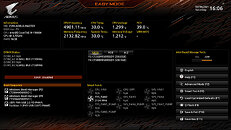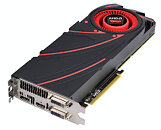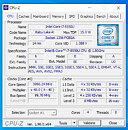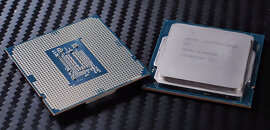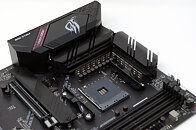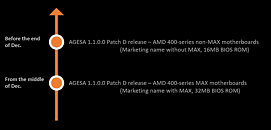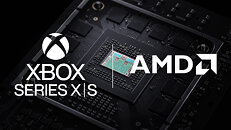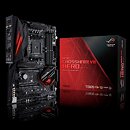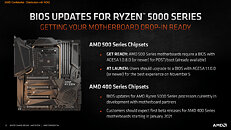CPU-Z Adds Support for AMD Rembrandt/Raphael APUs and Preliminary Intel Arc and Raptor Lake Support
CPU-Z is one of the most widespread tools for profiling and monitoring, gathering information from the system, and presenting it in a user-readable UI. Today, the application has reached another milestone with the release of the CPU-Z 2.01 version, which brings support for additional upcoming processors from AMD and Intel. One of the software highlights is the inclusion of AMD's forthcoming processor designs, codenamed Rembrandt and Raphael. These processors are what AMD is bringing to the market now and in the near future, meaning that the software ecosystem has to prepare. Additionally, CPU-Z has been updated with preliminary support for Intel's upcoming 13th Generation Raptor Lake processors, alongside Intel ARC 3/5/7 DG2 designs. CPU-Z developers also improved validation process for high-frequency overclocking submissions of over 6 GHz. The full changelog is listed below.
Download CPU-Z 2.01 here.
Download CPU-Z 2.01 here.





















